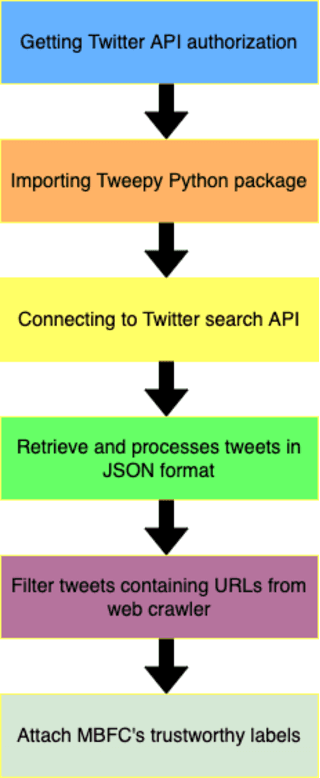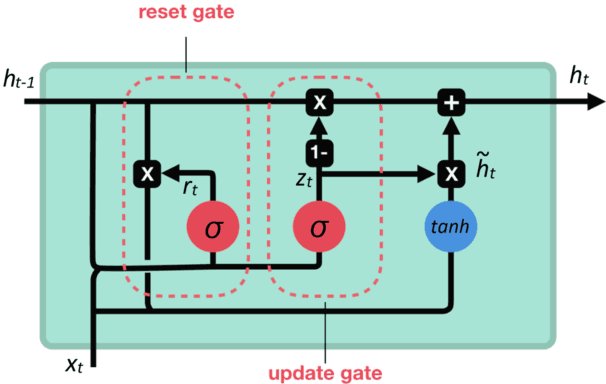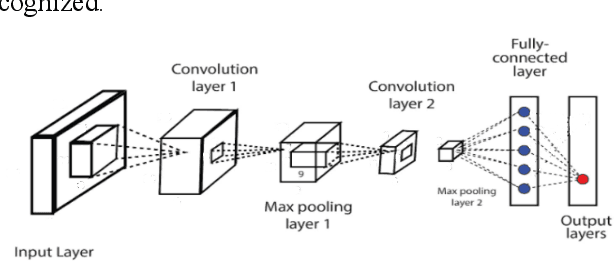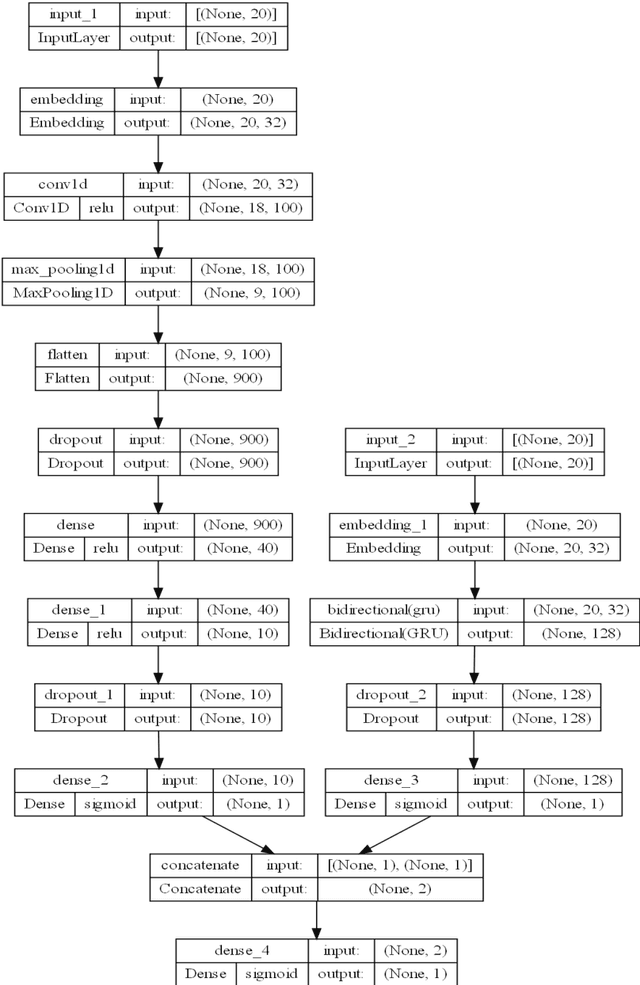Majdi Maabreh
CovidMis20: COVID-19 Misinformation Detection System on Twitter Tweets using Deep Learning Models
Sep 13, 2022



Abstract:Online news and information sources are convenient and accessible ways to learn about current issues. For instance, more than 300 million people engage with posts on Twitter globally, which provides the possibility to disseminate misleading information. There are numerous cases where violent crimes have been committed due to fake news. This research presents the CovidMis20 dataset (COVID-19 Misinformation 2020 dataset), which consists of 1,375,592 tweets collected from February to July 2020. CovidMis20 can be automatically updated to fetch the latest news and is publicly available at: https://github.com/everythingguy/CovidMis20. This research was conducted using Bi-LSTM deep learning and an ensemble CNN+Bi-GRU for fake news detection. The results showed that, with testing accuracy of 92.23% and 90.56%, respectively, the ensemble CNN+Bi-GRU model consistently provided higher accuracy than the Bi-LSTM model.
Developing Future Human-Centered Smart Cities: Critical Analysis of Smart City Security, Interpretability, and Ethical Challenges
Dec 14, 2020



Abstract:As we make tremendous advances in machine learning and artificial intelligence technosciences, there is a renewed understanding in the AI community that we must ensure that humans being are at the center of our deliberations so that we don't end in technology-induced dystopias. As strongly argued by Green in his book Smart Enough City, the incorporation of technology in city environs does not automatically translate into prosperity, wellbeing, urban livability, or social justice. There is a great need to deliberate on the future of the cities worth living and designing. There are philosophical and ethical questions involved along with various challenges that relate to the security, safety, and interpretability of AI algorithms that will form the technological bedrock of future cities. Several research institutes on human centered AI have been established at top international universities. Globally there are calls for technology to be made more humane and human-compatible. For example, Stuart Russell has a book called Human Compatible AI. The Center for Humane Technology advocates for regulators and technology companies to avoid business models and product features that contribute to social problems such as extremism, polarization, misinformation, and Internet addiction. In this paper, we analyze and explore key challenges including security, robustness, interpretability, and ethical challenges to a successful deployment of AI or ML in human-centric applications, with a particular emphasis on the convergence of these challenges. We provide a detailed review of existing literature on these key challenges and analyze how one of these challenges may lead to others or help in solving other challenges. The paper also advises on the current limitations, pitfalls, and future directions of research in these domains, and how it can fill the current gaps and lead to better solutions.
Parameters Optimization of Deep Learning Models using Particle Swarm Optimization
Nov 28, 2017



Abstract:Deep learning has been successfully applied in several fields such as machine translation, manufacturing, and pattern recognition. However, successful application of deep learning depends upon appropriately setting its parameters to achieve high quality results. The number of hidden layers and the number of neurons in each layer of a deep machine learning network are two key parameters, which have main influence on the performance of the algorithm. Manual parameter setting and grid search approaches somewhat ease the users tasks in setting these important parameters. Nonetheless, these two techniques can be very time consuming. In this paper, we show that the Particle swarm optimization (PSO) technique holds great potential to optimize parameter settings and thus saves valuable computational resources during the tuning process of deep learning models. Specifically, we use a dataset collected from a Wi-Fi campus network to train deep learning models to predict the number of occupants and their locations. Our preliminary experiments indicate that PSO provides an efficient approach for tuning the optimal number of hidden layers and the number of neurons in each layer of the deep learning algorithm when compared to the grid search method. Our experiments illustrate that the exploration process of the landscape of configurations to find the optimal parameters is decreased by 77%-85%. In fact, the PSO yields even better accuracy results.
 Add to Chrome
Add to Chrome Add to Firefox
Add to Firefox Add to Edge
Add to Edge